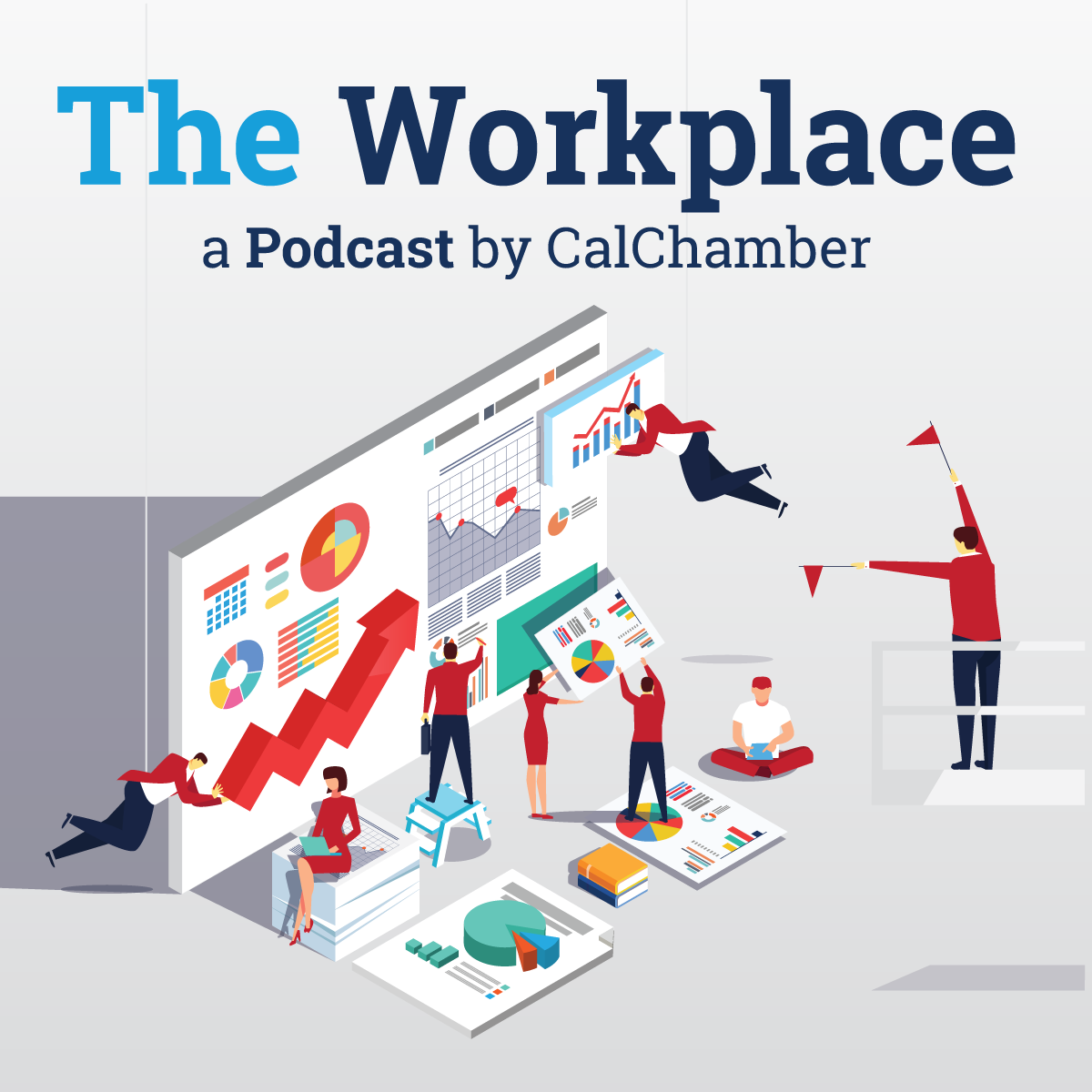
In Episode 125 of The Workplace podcast, CalChamber Executive Vice President and General Counsel Erika Frank, employment law expert Matthew Roberts, and legislative advocates Chris Micheli and Ashley Hoffman discuss the latest California Supreme Court ruling on premium pay calculations in Ferra v. Loews Hollywood Hotel, LLC.
Ferra v. Loews Hollywood Hotel, LLC
On July 15, the California Supreme Court issued a decision in a pivotal case that addresses meal and rest break premium payments, Frank tells podcast listeners.
In California, nonexempt employees are entitled to meal and rest breaks throughout the day, and if a break is not provided or is late, then the employer owes the worker “premium pay,” she explains. Under the California Labor Code, “premium pay” is the equivalent of one hour of the employee’s “regular rate of compensation.” The issue at the center of Ferra is what does the “regular rate of compensation” mean? Does it mean the regular rate of pay that is used to calculate overtime or is it the employee’s base salary rate?
In Ferra, the California Supreme Court ruled in favor of the employee, establishing that the regular rate of compensation is the same as the regular rate of pay, Roberts says. The regular rate of pay may be higher than an employee’s base hourly rate because the regular rate of pay includes nondiscretionary incentive payments such as bonuses and commissions.
In coming to its decision, Roberts explains, the California Supreme Court speculated on what the Legislature meant by “regular rate of compensation” and what it intended when it passed the state’s overtime law, AB 60.
Importantly, the court’s decision may be applied retroactively.
Legislative Intent
Micheli, of Aprea & Micheli, remarks that in Ferra we essentially are seeing one branch of government trying to guess the intent of another branch of government without really understanding the legislative process. When a bill comes to the floor to be voted on, it’s almost impossible for the entire Legislature to review every single word in a bill and point out incongruencies. Rather, it’s important to consider the bill’s author or sponsors to determine what the intent of the bill was.
CalChamber’s Hoffman points out that what many people don’t realize is that the Ferra decision doesn’t just mean that an employee is owed a bit more compensation—it means that good faith employers are now susceptible to millions in penalties, fees, lawsuits and attorney fees. Due to the retroactive application component of the decision, employers—who thought they were following the law—may now be liable for Private Attorneys General Act (PAGA) lawsuits, waiting time penalties, derivative penalties, exorbitant legal costs, and more.
What Should Employers Do Now?
Roberts recommends that the first step employers should take in light of this court decision is to look at their payroll practices immediately and correct any mistakes.
Step two, Frank says, is that moving forward, employers should ensure their payroll practices are correct and that premium pay calculations are using the worker’s regular rate of pay.
Lastly, Frank and Roberts urge employers to consult with legal counsel to determine what their particular organization’s next steps should be and to develop a plan of action that addresses past issues.

